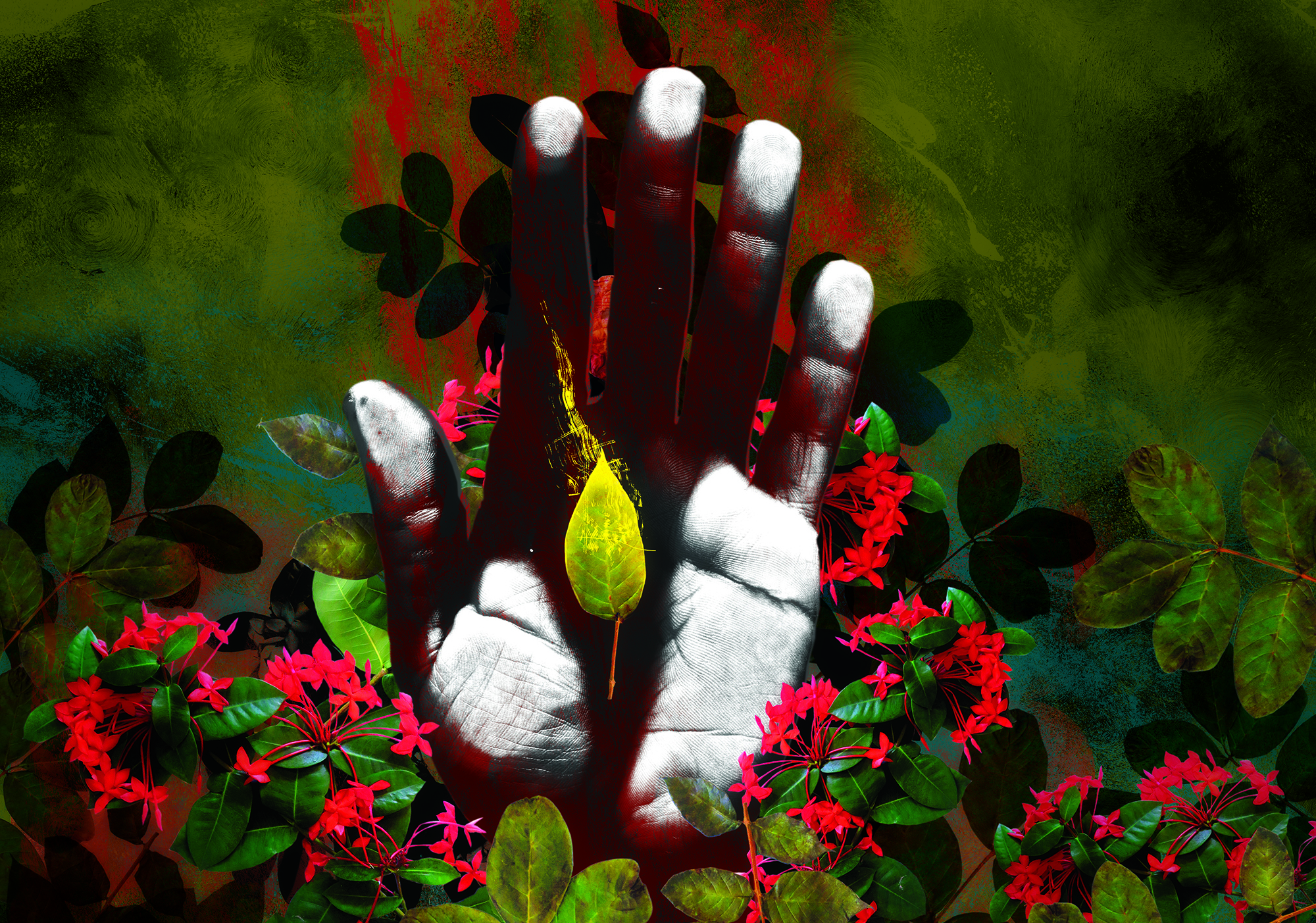Loreena McKennitt has become well-known in the UK for all the wrong reasons. The Canadian singer has become embroiled in an unseemly fight over privacy and freedom of speech after her former friend, Niema Ash, published a frank memoir of her time with McKennitt.
On learning of the book, as proofs were about to be sent to the printers, McKinnett telephoned Ash, warning her that she could ‘have it stopped in 24 hours’, says the author. ‘This was back in 2005. I didn’t think she would be able to stop it.
‘I’d had the book looked at by a specialist media solicitor, and my editor was a journalist who had taken courses in media law. Neither saw anything wrong with it.’
McKinnett clearly didn’t see it that way. She at first tried to stop the publication of the book, and then raised objections to 39 separate passages.
As the book stands, now published, eight passages have been deleted due to the injunction.
‘The things they considered private were so petty,’ Ash told Index. ‘Obviously, I can’t repeat exactly what they were, but they were on the level of, y’know, saying someone took vitamin C because they had a cold.’
Does Ash think that it’s an intense need for privacy that led McKevitt to take action against the book?
‘I don’t think it’s about privacy, actually – she’s done hundreds of interviews. I think it’s more about protection of her image. She doesn’t want anything written about her unless she controls it. Loreena has this image of being a Celtic queen, a goddess, and this book, portraying her as a normal person, doesn’t fit in with that.’
The upholding of the injunction could set a dangerous precedent, as it sets the right to privacy above the right to free expression, but Ash is determined not to give up without a fight. She plans to take the case to the European Court of Human Rights.
‘I belong to the Society of Authors,’ says Ash, ‘and they have been having very serious discussions about this. It could very badly affect biographers. But the worrying thing is, the book ha already been published in Canada and the US. There’s no way what has happened here in the UK could have happened over here.’




